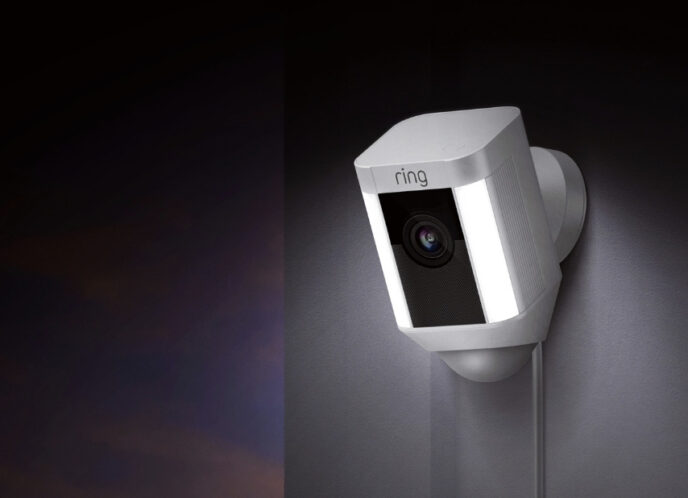The overturning of Roe v. Wade will deepen existing state surveillance.
White feminism and liberalism fall short in assessing Roe’s reversal and how technology and data will be used to surveil pregnant people, health care providers, and other abortion allies.
Here are three things we want you to know about abortion rights and surveillance:
1. Abortion rights have always been more limited than Roe would imply on paper.
Roe did not guarantee accessible, affordable abortions. For the roughly half of abortion patients living below the poverty line (most of whom are pregnant people of color), abortion under Roe was not guaranteed. The Hyde Amendment, passed in 1980, blocked abortion coverage for pregnant people on Medicaid, insured by the Indian Health Service, military personnel, incarcerated people, federal employees, and Peace Corps volunteers. Since Hyde, abortion costs have increased and access has decreased. There are also no federal standards of reproductive health care for prisons, jails, and ICE facilities. For people on electronic monitoring or parole, it is impossible to travel for an abortion, much less out of state.
2. Universal abortion access is not a matter of legislation alone, but of universal health care, housing, prison abolition, and a living wage.
The state and anti-abortion actors routinely track confidential health information.
We know that BIPOC, Arab, and Muslim communities are disproportionately subject to state surveillance and privacy violations. The same is true for poor people receiving state assistance. Caseworkers review minute details of families’ private lives, down to specific grocery lists purchased with EBT. Hospitals participating in prenatal programs like New York’s PCAP (a Medicaid program for pregnant people) subject pregnant people to invasive meetings with social workers, nutritionists, financial officers, and more – constituting a substantial privacy violation.
Electronic payment records and digital sales data, routinely bought and sold by companies, will be doubly scrutinized for EBT and Medicaid recipients seeking information about their reproductive health as part of the state’s patriarchal, punitive role in poor people’s lives.
3. We must end surveillance capitalism to truly end reproductive healthcare surveillance.
Companies like Google, Facebook, Amazon, and Apple store massive amounts of user data – search histories, message logs, health app data, purchasing behavior, and geolocations – that could be subpoenaed to criminalize abortion seekers. Rather than paying lip service to the idea of privacy, these companies could stop collecting this data altogether – eliminating vulnerable users’ digital footprints.
But digital data is a lucrative asset – a commodity sold to the US government, law enforcement, military, and commercial marketing firms. The economy profits from the criminal legal system and mass incarceration. Until we abolish surveillance capitalism and the prison industrial complex, Big Tech will choose profits over people – including pregnant people – every time.
A world without surveillance includes reproductive justice and bodily autonomy. Deepening our shared analysis of this concerning moment in abortion rights will help us keep each other safe and plan for the future.
In shared rage,
Team MediaJustice



